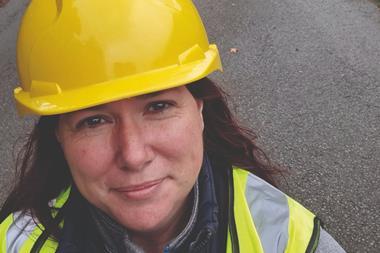Editor: The IPCC’s report, released last week, is a shocking reminder of the urgent action needed to address the climate crisis – and underlines the huge challenge facing the property sector (‘UKGBC: IPCC report “should be a massive wake-up call”).

Building design is evolving rapidly and there will be a huge drive to retrofit older buildings, but what is not yet clear is how we can best track and manage the day-to-day performance of buildings through their lifecycle.
The property sector cannot do this alone and there is a need for closer collaboration between landlords and tenants to understand how a building is being occupied and utilised and how this affects energy consumption. This is where proptech that enables real-time landlord-tenant collaboration has a key role to play.
When we launched the Mallcomm tenant engagement platform in 2014, it was primarily used to drive efficiencies through day-to-day operations such as cleaning and security at shopping centres. Today, one of the primary use cases is to enable landlords to track environmental performance in real time and gather data from tenants that can inform carbon mitigation strategies.
This is vital if we want to create more sustainable places and reduce overall occupational costs for retailers. It is also increasingly important for today’s conscientious consumer, who will choose to shop in places that reflect their own values, and indeed may choose to shop in physical places rather than online if the environmental benefit is clear.
Perhaps the climate crisis will be the catalyst that brings landlords and tenants closer together?
David Fuller-Watts, managing director, Mallcomm
































No comments yet